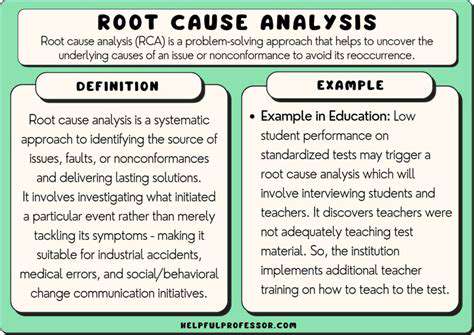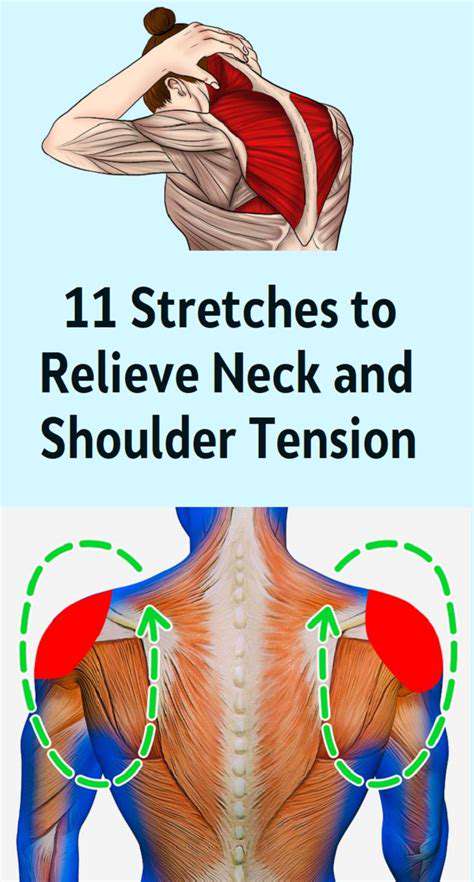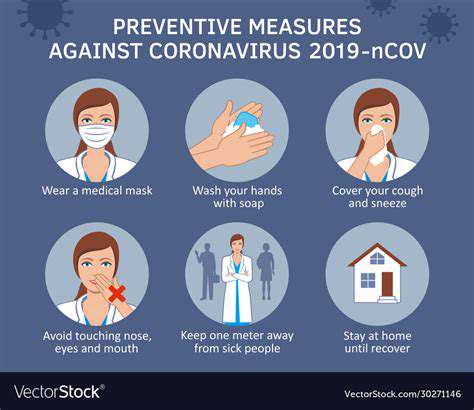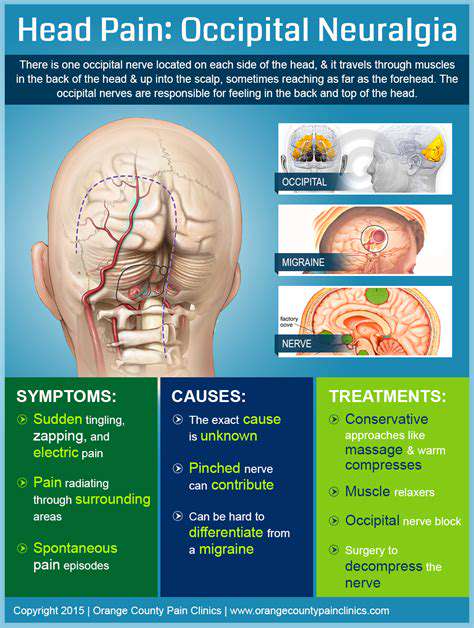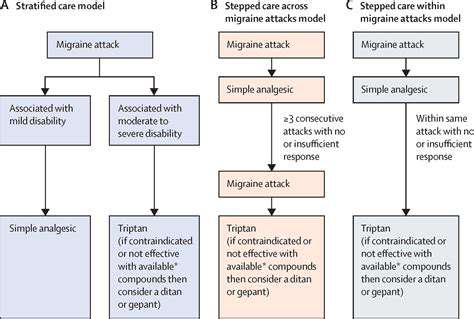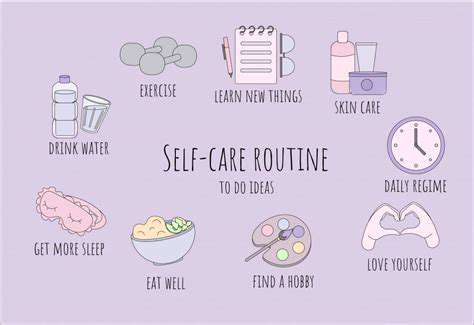Q&A: Your Top Questions About Migraine Causes Answered
What Triggers a Migraine? A Deep Dive into Potential Causes
What are the Common Migraine Triggers?
Pinpointing the exact triggers for your migraines is essential for effective management and prevention. Disruptions in sleep routines, whether too little or too much, along with environmental changes often play a role. Stress, both physical and emotional, stands out as a major migraine catalyst, as do certain foods like aged cheeses, processed meats, and chocolate. Weather shifts, especially sudden changes in barometric pressure, can also prompt migraines in susceptible individuals. Keeping track of these patterns empowers you to take proactive steps to lessen their effects.
Stress and Emotional Factors
Stress, frequently underestimated, significantly influences migraine onset. Ongoing stress from work, personal relationships, or financial pressures can trigger physiological responses that heighten migraine vulnerability. Emotional turmoil, including anxiety and depression, may also lead to migraine episodes. Recognizing the link between emotional health and migraine frequency is crucial for developing effective coping mechanisms.
Practices like mindfulness, meditation, and deep breathing can mitigate stress's impact on migraines and support better emotional well-being.
Dietary Triggers and Food Sensitivities
Some foods and beverages can strongly provoke migraines. This includes certain additives, preservatives, and specific food categories. Since triggers vary widely among individuals, maintaining a detailed migraine diary is invaluable for identifying problematic foods. This record can reveal dietary habits that may contribute to migraine occurrences.
Hormonal Fluctuations
Hormonal changes, particularly in women, are closely tied to migraines. Shifts in estrogen levels during menstruation, pregnancy, and menopause can affect migraine frequency and intensity. These changes often manifest as altered migraine patterns around these hormonal transitions. Understanding these cycles enables proactive measures, such as adjusting medications or lifestyle habits.
Environmental Factors and Sensory Sensitivity
Environmental elements like strong odors, bright or flickering lights, loud noises, and temperature variations can trigger migraines. Sensitivity to these factors differs among individuals, making identification key to reducing exposure. Creating a controlled, supportive environment can significantly lower the risk of migraine attacks.
Changes in Sleep Patterns
Irregular sleep and lack of rest are common migraine triggers. The body's natural sleep-wake cycle regulates pain perception, and disturbances in this cycle can heighten migraine susceptibility. Maintaining consistent, adequate sleep is a vital preventive strategy for those prone to migraines.
The Role of Genetics and Family History
Genetics significantly influences migraine predisposition. A family history of migraines increases an individual's likelihood of experiencing them. Recognizing this genetic link helps people take proactive steps toward prevention and management. Genetic factors can affect migraine severity and frequency, highlighting the need for a comprehensive approach to care.
The Role of Genetics in Migraine Predisposition
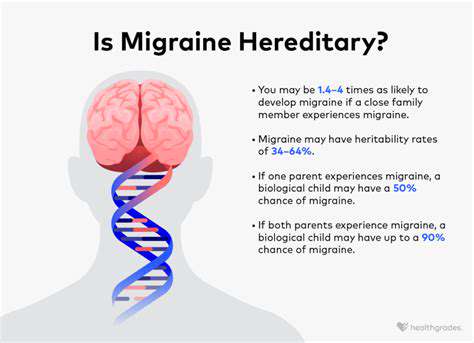
Genetic Predisposition to Migraine
Many migraine sufferers share a family history of the condition, pointing to a strong genetic connection. Research indicates that multiple genes, rather than a single one, contribute to the complex factors behind migraines. These genes likely affect pathways related to neurotransmission, inflammation, and blood vessel regulation, all central to migraine development.
Studies on twins and families consistently show that those with a family history of migraines are more prone to the condition. This hereditary pattern underscores genetics' role in migraine susceptibility. Understanding these genetic links is vital for creating personalized prevention and treatment plans.
Specific Genes and Migraine Risk
While the exact genes involved remain unclear, several candidates have been identified, often linked to neuronal signaling, inflammation, and blood vessel tone. Further research is needed to clarify how these genes contribute to migraine risk.
Ongoing studies aim to identify specific genetic variations that elevate migraine risk, including interactions between genes and environmental factors. These insights could lead to better early detection and prevention methods.
Genetic Variations and Migraine Subtypes
Migraines come in various subtypes, each with distinct features. Genetic differences may influence which subtype an individual experiences, suggesting that different genetic factors could underlie different migraine forms.
Gene-Environment Interactions
Genetics don't act alone. Environmental factors like stress, diet, sleep, and hormonal changes can amplify genetic predispositions to migraines. Understanding these interactions is key to developing holistic prevention and management approaches.
The relationship between genetic susceptibility and environmental triggers is intricate. For instance, someone genetically prone to migraines might have more frequent or severe attacks when exposed to specific stressors. This complexity calls for a multifaceted management strategy.
Implications for Personalized Medicine
Advances in understanding migraine genetics could transform treatment. Personalized medicine, tailored to genetic profiles, may lead to more precise and effective prevention and treatment options. This could include genetic testing to identify high-risk individuals.
Future research might explore therapies customized to genetic makeup, potentially reducing migraine frequency and severity for those at risk.
Dietary Considerations and Potential Migraine Links

Dietary Considerations for Optimal Health
Understanding your nutritional needs is fundamental to overall health. A balanced diet packed with essential nutrients supports physical and mental well-being. Proper nutrition fuels both body and mind, enhancing quality of life. This involves selecting diverse foods to ensure a broad nutrient intake.
Potential Impacts of Dietary Choices
What you eat profoundly affects your health. From weight management to chronic disease prevention, diet plays a pivotal role. A diet abundant in fruits, vegetables, and whole grains strengthens the immune system. Conversely, processed foods and unhealthy fats may increase health risks.
Macronutrient Importance in the Diet
Macronutrients—carbohydrates, proteins, and fats—provide energy and build tissues. Carbohydrates serve as the body's primary energy source. Proteins repair and build tissues, while healthy fats support hormone production and nutrient absorption. Balancing these macronutrients is crucial for health.
Micronutrient Roles in the Body
Vitamins and minerals are vital for numerous bodily functions. Vitamins drive metabolism, immune function, and cell growth. Minerals support bone health, fluid balance, and nerve function. Deficiencies in these micronutrients can lead to health issues.
Dietary Restrictions and Allergies
Many people face dietary restrictions due to allergies, beliefs, or medical conditions. Managing these effectively prevents adverse reactions. Dietary limitations can stem from cultural, religious, or health-related reasons. Awareness of cross-contamination risks is also important.
Food Intolerance and Sensitivity
Food intolerances and sensitivities can cause symptoms ranging from digestive issues to skin problems. Identifying and addressing these sensitivities improves comfort and health. Symptoms vary in severity and may not appear immediately. Consulting a healthcare provider helps pinpoint causes and solutions.
Sustainable Dietary Practices
Choosing sustainable eating habits benefits both personal health and the planet. Opting for local, seasonal, and organic foods supports farmers and reduces environmental harm. Minimizing food waste and making mindful choices contribute to a healthier future.

